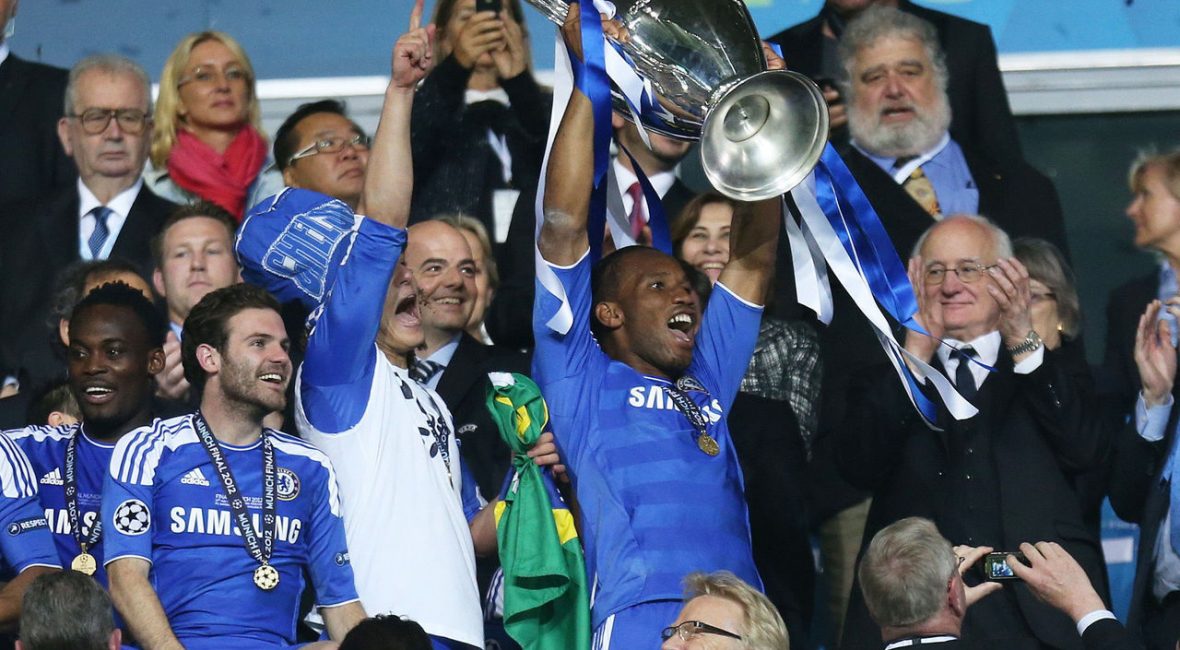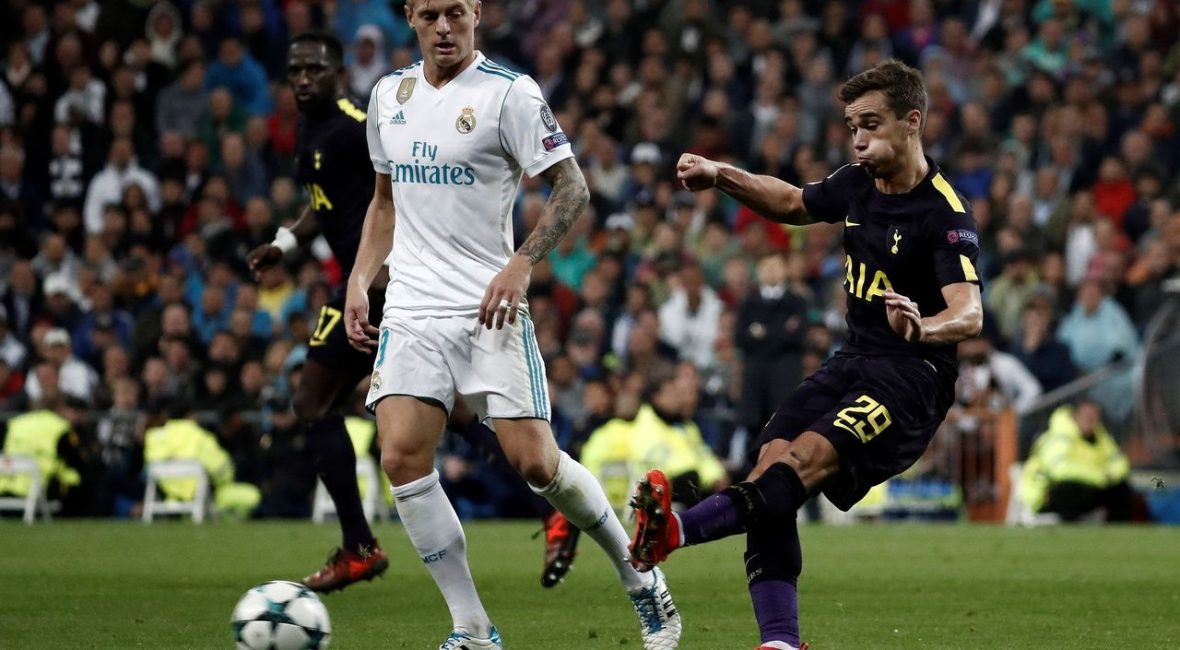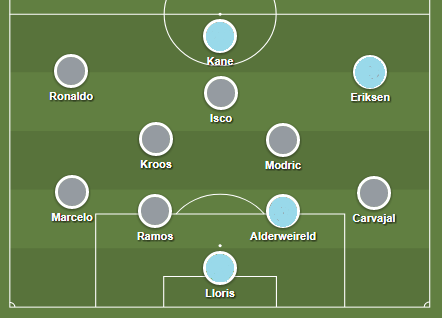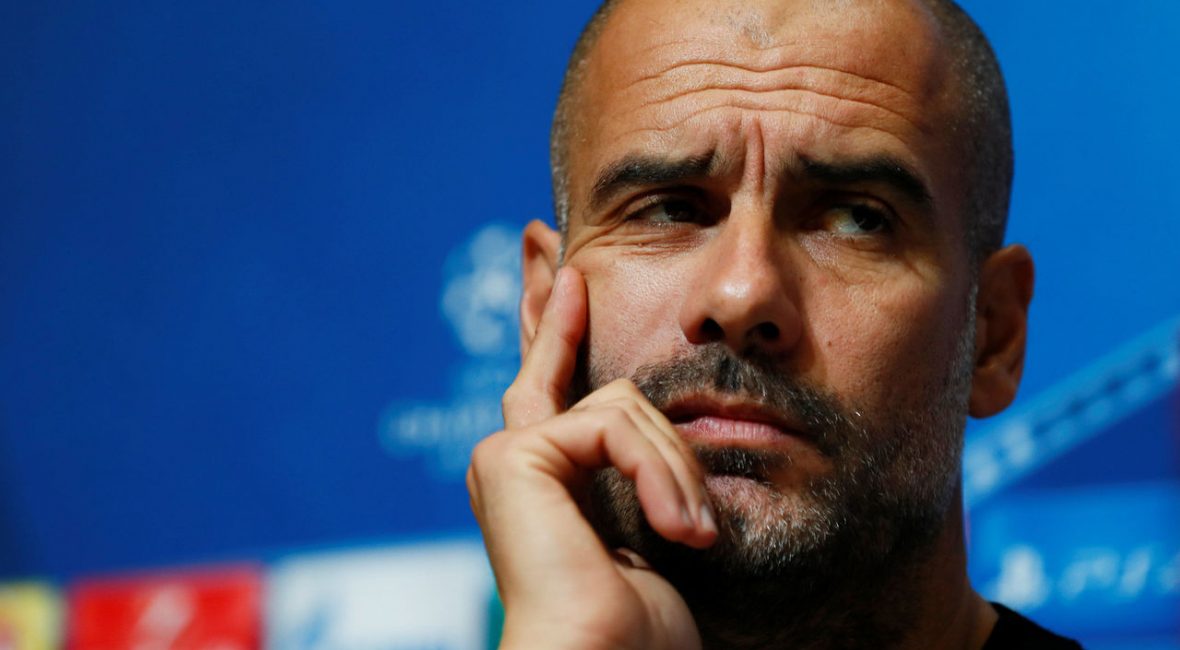The last time an English club won the Champions League was in 2011-12.
Didier Drogba’s penalty eluded Manuel Neuer to edge Chelsea past Bayern Munich in the Bavarian capital, and after eight years of growth bankrolled by Russian oil magnate Roman Abramovich, the Blues had reached the pinnacle of European football.
Chelsea’s victory was hardly indicative of the status of Premier League clubs on the continent. It was just the fourth time an English side had won the tournament since its rebranding in 1992 – and considering the other three belonged to European competition experts Manchester United and Liverpool – it made sense that fans and pundits alike were beginning to question the credentials of England’s top flight.

As recent as five years earlier – when Liverpool lost to AC Milan in the 2006-07 final, England had three teams in the semi-finals. That feat repeated itself in each of the next two Champions League campaigns, and in the span of four years, five Premier League sides contested the final.
Half a decade on, and by the time Drogba’s goal clinched a maiden Champions League victory, Chelsea’s ascension had become the exception. Here’s a look at the successes of English clubs over the last 11 Champions League and how England’s top flight has begun to trend down:
| Year | Teams in QF | Teams in SF | Teams in F |
|---|---|---|---|
| 2006-07 | 3 | 3 | 1 |
| 2007-08 | 4 | 3 | 2 |
| 2008-09 | 4 | 3 | 1 |
| 2009-10 | 2 | 0 | 0 |
| 2010-11 | 3 | 1 | 1 |
| 2011-12 | 1 | 1 | 1 |
| 2012-13 | 0 | 0 | 0 |
| 2013-14 | 2 | 1 | 0 |
| 2014-15 | 0 | 0 | 0 |
| 2015-16 | 1 | 1 | 0 |
| 2016-17 | 1 | 0 | 0 |
When Leicester City became the only Premier League club to advance to the quarter-finals last season, a miracle run by the Foxes was the only positive among a den of negativity concerning England’s efforts on the continent. That prompted further discussion and a slew of questions about English football, chief among them: Why are Premier League sides so poor in the Champions League?
The decline can be chalked up to several factors, ranging from the lack of a winter break and subsequent congested schedule, the competitive nature of the Premier League when compared to Europe’s other top divisions and its effect on a squad, and tactical naivety in contrast with Spanish and German peers. Gareth Bale, who has tasted Champions League football with both Spurs and Real Madrid, agrees.
“Obviously the winter break is massive. In England you’ll play four or five games and we don’t play any. You don’t get many rest days and it really does burn you out for a long time after that,” Bale told the Daily Mail in March.
“Spanish teams definitely know they have this edge over the English. Every country does: Spain, Italy, Germany, they all have the winter break.”
A glance at the quarter-final sides over the last six seasons alludes to England’s decline, a staggering number when compared to England’s second-place standing in UEFA’s club coefficient as of Sept. 29, 2017:
| Nation | # of QF sides | UEFA rank |
|---|---|---|
| Spain | 17 | 1 |
| Germany | 10 | 4 |
| France | 7 | 5 |
| England | 6 | 2 |
| Italy | 4 | 3 |
| Portugal | 3 | 7 |
| Turkey | 2 | 10 |
Without a finalist in five years and just two clubs in the last-four during that spell, this season’s efforts from a record-five English sides is flipping the trend of mediocrity on its head.
Through 15 group-stage matches, Manchester City, Manchester United, Chelsea, Tottenham, and Liverpool have combined for 11 victories, four draws, and nary a defeat with 44 goals scored and a scant 11 against. With the group stage at the midway point, it’s becoming clear which sides will advance to the knockout round, and which will fight for a third-place finish and a spot in the Europa League.

So far so good for the five English sides, each of whom lead their respective groups after three matches, with the two Manchester sides boasting perfect records. Tottenham and Chelsea both sit on seven points, and with six and five-point advantages, respectively, on the third-place sides in Groups H and C, meaning a spot in the last-16 for the London duo appears highly likely. Even Liverpool, which kicked-off the group stages with a pair of underwhelming stalemates, stands atop of Group E by virtue of Tuesday’s 7-0 drubbing of Maribor.
Whether tactical adjustments or increased payrolls and spending powers courtesy of a massive television deal are the reason for England’s return to prominence, it’s both too early to say and too complicated to quantify. One thing that’s clear is that Premier League clubs are again to be feared on the continent, a standard befitting Europe’s richest league.
(Photos courtesy: Action Images)













